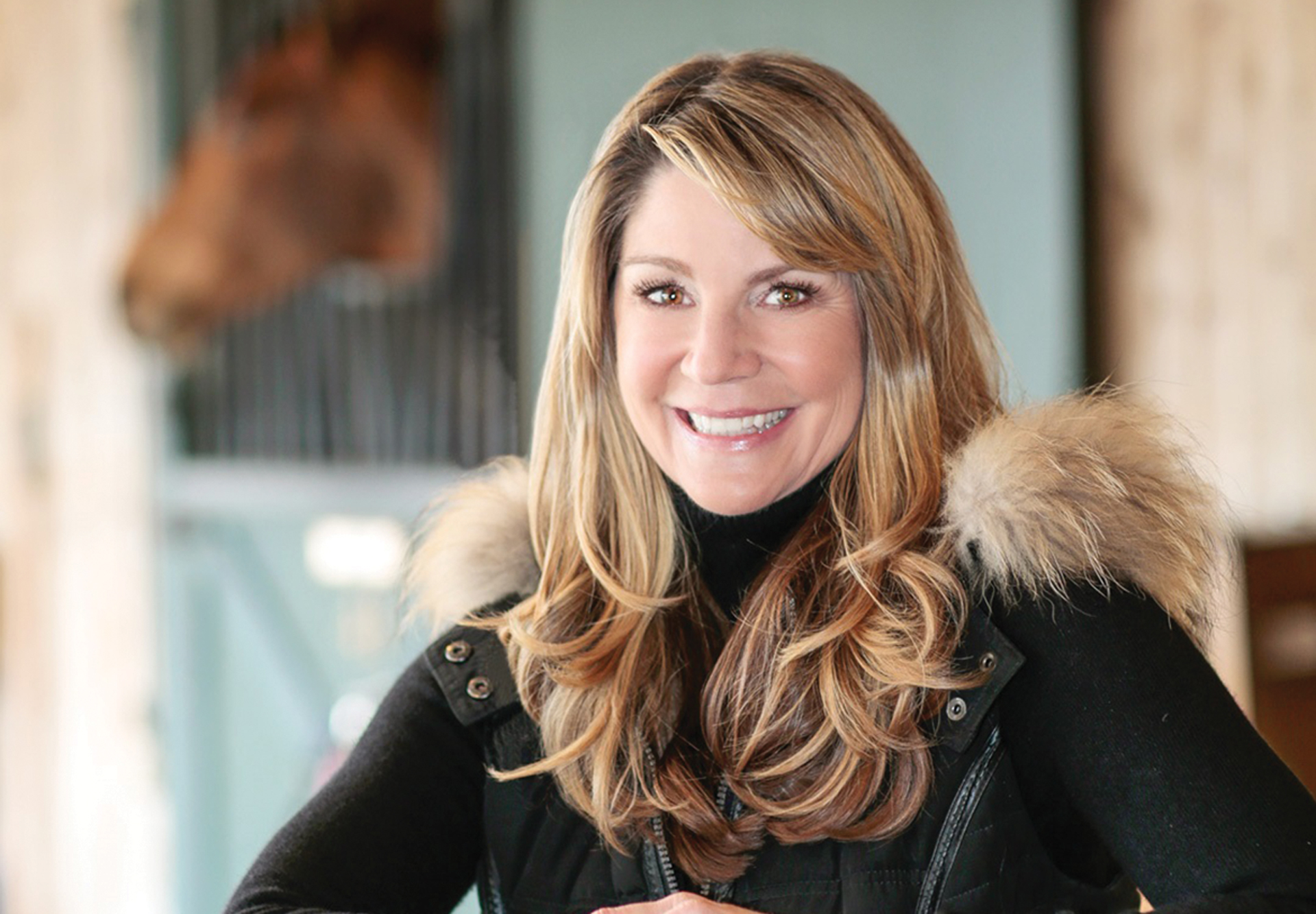What We Learn About Love From Movies

At the Hamptons International Film Festival, which runs from October 10 to 14 this year, we have the chance to learn about the world, the good and the bad. We see stories of war, discrimination, justice, hope, resurrection, fear, and yes, love.
One film, “Romantic Comedy,” takes a personal look at what the rom com genre tells women about love. Elizabeth Sankey’s documentary about her personal obsession with rom coms and the messages she took away is both funny and poignant, and has a wonderful soundtrack from her band Summer Camp. Clips from both classic and contemporary films reflect changes in society’s outlook but present a very conservative world which is white, middle class, and heterosexual, where success is a big white wedding. Happily ever after is the end, not the beginning.
Sankey, who is 35, commented about the rom com influence on her. “It wasn’t until after I got married, after my wedding, that I wondered: Is my romantic life done? Once you see one thing that is a consistent message in a rom com, you start to see others. In real life, this is insane, but I’m buying into it.” We see the professional woman is a klutz who can pratfall her way into a relationship (“Bridget Jones’s Diary,” “The Wedding Planner”). Opposites attract and despite real-life differences are the half to make each other whole (“Pretty Woman,” “Maid in Manhattan.”) The woman conforms to the man’s desires, i.e. she likes beer, baseball, and unusual hair care products (“There’s Something About Mary.”) And confessions of true love always happen in the rain.
Is the rom com even more of a fantasy in the age of Tinder hook-ups, where it isn’t even marriage but a second date that’s the problem? Sankey said of the appeal of the genre, “In these troubled times, it’s nice to live in this world where there is always someone for you and it will be okay. It’s back to Jane Austen — it’s the courtship which is so enticing. A love that lasts forever transcends reason and time. Rom coms are magical for that reason.”
Another film takes another very different look at love, “Mickey and the Bear,” written and directed by Annabelle Attanasio, who developed the film at the HIFF Screenwriters Lab and was the recipient of the Melissa Mathison Fund grant. Here, breakthrough artist Camila Morrone, who plays Mickey, is trying to care for her alcoholic, opioid-addicted, veteran father. Her mother having died, Mickey is the caretaker torn between trying to save her father and save herself from her own morass. She is also navigating young love from two different boys, starting to realize what it is that she wants versus what he wants out of a relationship.
Attanasio, eliciting powerful performances, skillfully takes us on a journey of learning that loving someone and saving them are two different things, a painful but very true lesson. Of her inspiration, Attanasio said, “I’ve been interested in co-dependency and how it functions in a family and in a romantic sense. I experienced a lot of these dynamics in different ways. I was also interested in veterans’ issues and life in small towns and giving examples to girls of paths to freedom.”
On working with Morrone, Attanasio said, “She has the duality that she’s very mature like an adult and yet she’s 16. I was blown away by her as a person, and in her journey as an actor, she was raw and not self-aware of how good she was. She is so ever-present.”
What does Mickey learn about love? “She learns that she has to choose herself before she chooses anyone else,” said Attanasio. “It’s one of the hardest lessons to learn and many people don’t.”
The power of film can be tapping into a core desire we all have, to love and be loved, and play that out either as a cautionary tale, one of hope, or one which is pure fantasy. What we learn about love from film is not to give up on it. There is almost always an obstacle in the way. We may not be able to change, but we are able to learn.



